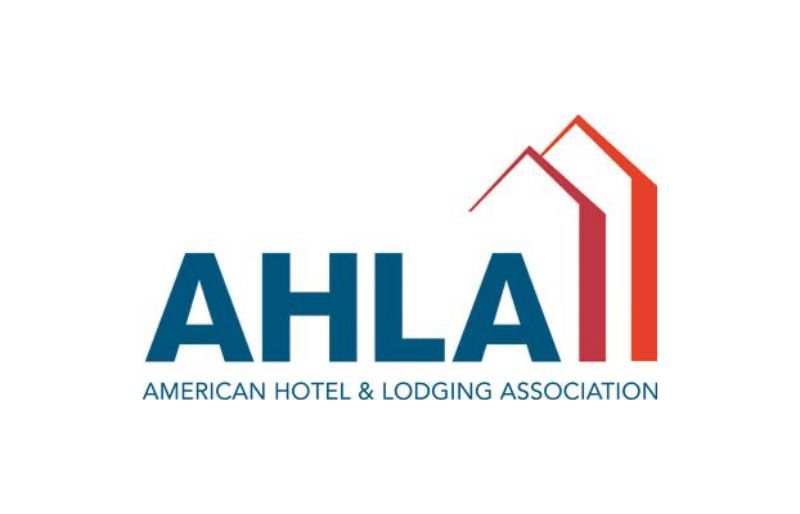The American Hotel & Lodging Association (AHLA) is celebrating a significant legal victory following a federal court decision that blocked the Federal Trade Commission (FTC) from enforcing a controversial rule banning noncompete agreements.
This ruling marks a major win for the hospitality industry and other business sectors that have long relied on these agreements to protect their business interests.
Background on the FTC’s Controversial Rule
In April 2024, the FTC introduced a sweeping rule aimed at banning noncompete agreements across the United States. The rule, which was set to take effect on September 4, 2024, faced immediate backlash from industry groups who argued that the FTC was overstepping its authority.
Traditionally, noncompete agreements have been governed by state law, allowing states to tailor their regulations to the specific needs and conditions of their local economies.
A coalition of industry groups, including the AHLA, quickly challenged the FTC’s rule in the U.S. District Court for the Eastern District of Texas. The lawsuit claimed that the rule not only exceeded the FTC’s authority but also disregarded over 200 years of state jurisdiction over such agreements.
These industry groups emphasized that the rule would disrupt existing contractual relations between companies and their employees, potentially harming businesses that rely on noncompete agreements to safeguard proprietary information and maintain competitive advantages.
AHLA’s Response to the Court’s Decision
The recent ruling by Judge Ada Brown to block the FTC’s rule was met with strong approval from the AHLA. Kevin Carey, AHLA Interim President & CEO, expressed his satisfaction with the decision, stating,
“The FTC overstepped its authority by approving a rule that allows federal interference in multitudes of business agreements across the country. In doing so, the FTC set a dangerous precedent for intruding into an area that has been regulated by the states throughout our nation’s history.”
Carey further emphasized the importance of the ruling, noting that it protects businesses’ ability to enforce noncompete agreements and maintain their legitimate business interests without undue federal interference. The AHLA, along with other business groups, had previously filed an amicus brief in support of the lawsuit, underscoring the widespread concern about the FTC’s rule within the business community.
Implications for the Hospitality Industry
The hospitality industry, like many others, often relies on noncompete agreements to protect sensitive information and maintain competitive advantage. These agreements are particularly important in a sector where relationships with clients, proprietary knowledge, and trade secrets can significantly impact a company’s success.
The court’s decision to block the FTC’s rule allows businesses in the hospitality industry to continue using noncompete agreements as a tool to safeguard their interests.
While the FTC may still appeal the ruling, the current decision represents a critical moment for the AHLA and other industry advocates who argue that noncompete agreements should remain under state jurisdiction.
As the situation develops, the AHLA remains committed to supporting efforts that protect the hospitality industry’s ability to operate effectively within the framework of state laws.










